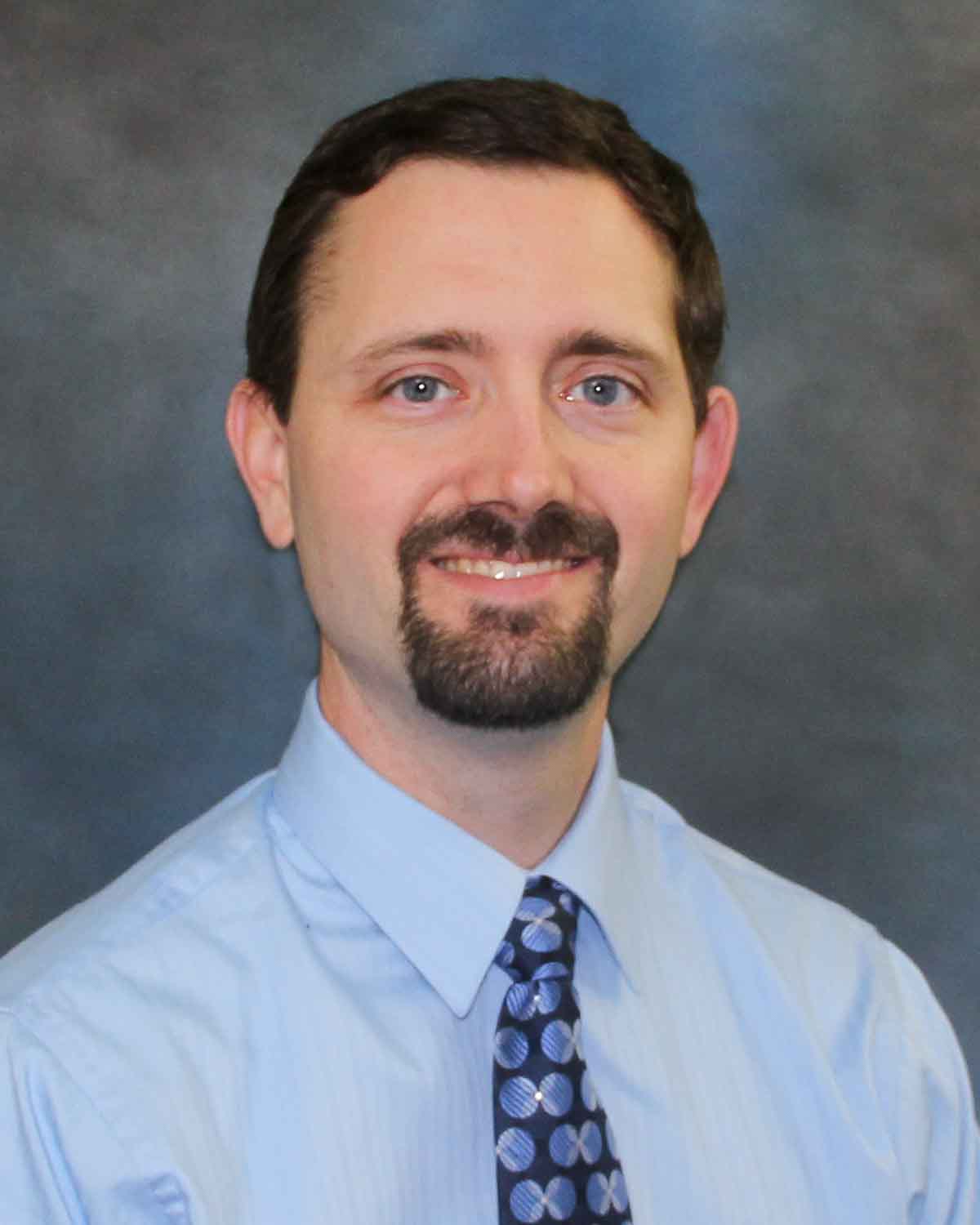Cornelison, Kaleigh, BA, MSW, LCSW
Kaleigh has a diverse background in youth development, health care, violence prevention and sexual health education. She currently runs her own training and facilitation practice for nonprofit professionals where she strives to create engaging, creative and practical professional development opportunities. She is also currently the Training Coordinator at the Community Clinic Association of Los Angeles County. In this role, she assesses training needs and identifies competency gaps for community health center staff. Previously, she served as the Teen Outreach Program Manager for Wyman Center, an organization that works to empower teens from economically disadvantaged circumstances to lead successful lives and build strong communities. She has also served as the Project HART Coordinator for Safe Connections where she created and coordinated violence prevention education programs for middle and high school students throughout St Louis City and County.
Presentation(s):

